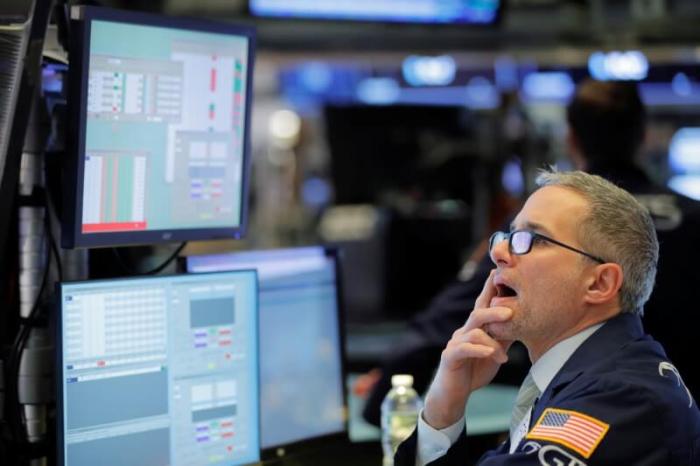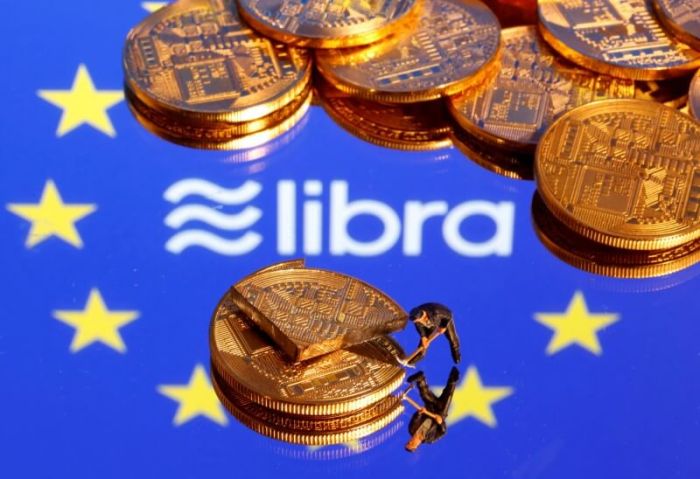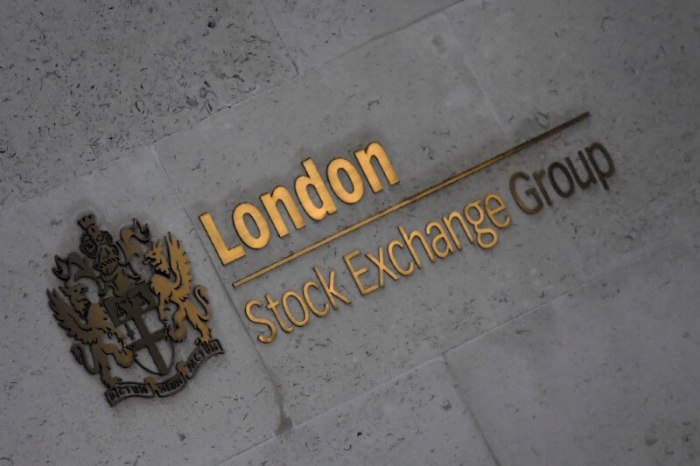By Krishna N. Das
KUALA LUMPUR (Reuters) – Duopharma Biotech
During an interview with Reuters, Duopharma Managing Director Leonard Ariff bin Abdul Shatar declined to name the companies as the discussions were ongoing. However, he said both “reasonably big” companies were listed in China with an annual revenue of more than $1 billion each.
The Chinese companies, one based in Shanghai and the other in Beijing, had asked Kuala Lumpur’s Duopharma if it would be able to contract-manufacture for them. They have also discussed buying a stake in Duopharma, Leonard said.
“They have manufacturing bases currently in China, supplying to the United States. These are guys whom I would not have expected to see in this part of the world, but for the trade war,” he said.
Duopharma, which has a market valuation of about $220 million, was open to a stake sale of up to 10% in the company, Leonard said, adding that if a deal was finalised, the Malaysian firm will apply to register with the U.S. Food and Drug Administration.
“There is a famous Malay saying: when two elephants fight, the ants die. But what we see here is absolutely the opposite. This has come as a bit of a surprise,” he said.
Dented by higher U.S. tariffs, Chinese companies are seeking partners to partly shift their supply chain to Southeast Asian countries such as Vietnam, Malaysia and Indonesia, analysts and Malaysian government officials said.
In the first quarter of 2019, Southeast Asia’s third-biggest economy attracted foreign investment of more than $7 billion – a 73% surge from a year earlier. The Malaysian government and its trade agencies are sending their representatives to China and other countries, organizing seminars and signing agreements of cooperation.
Late last month, the China ambassador to Malaysia confirmed the high level of Chinese interest in its traditional trade partner.
“There’s a great wave of Chinese potential investors coming to Malaysia to do field studies,” Bai Tian said at a ceremony restarting a Belt-and-Road rail project in northern Malaysia, adding that he expected many deals to be signed. [nL4N24N22T]
($1 = 4.1820 ringgit)
(Reporting by Krishna N. Das in KUALA LUMPUR,; Additional reporting by Liz Lee and Joseph Sipalan, Editing by Sherry Jacob-Phillips)


















